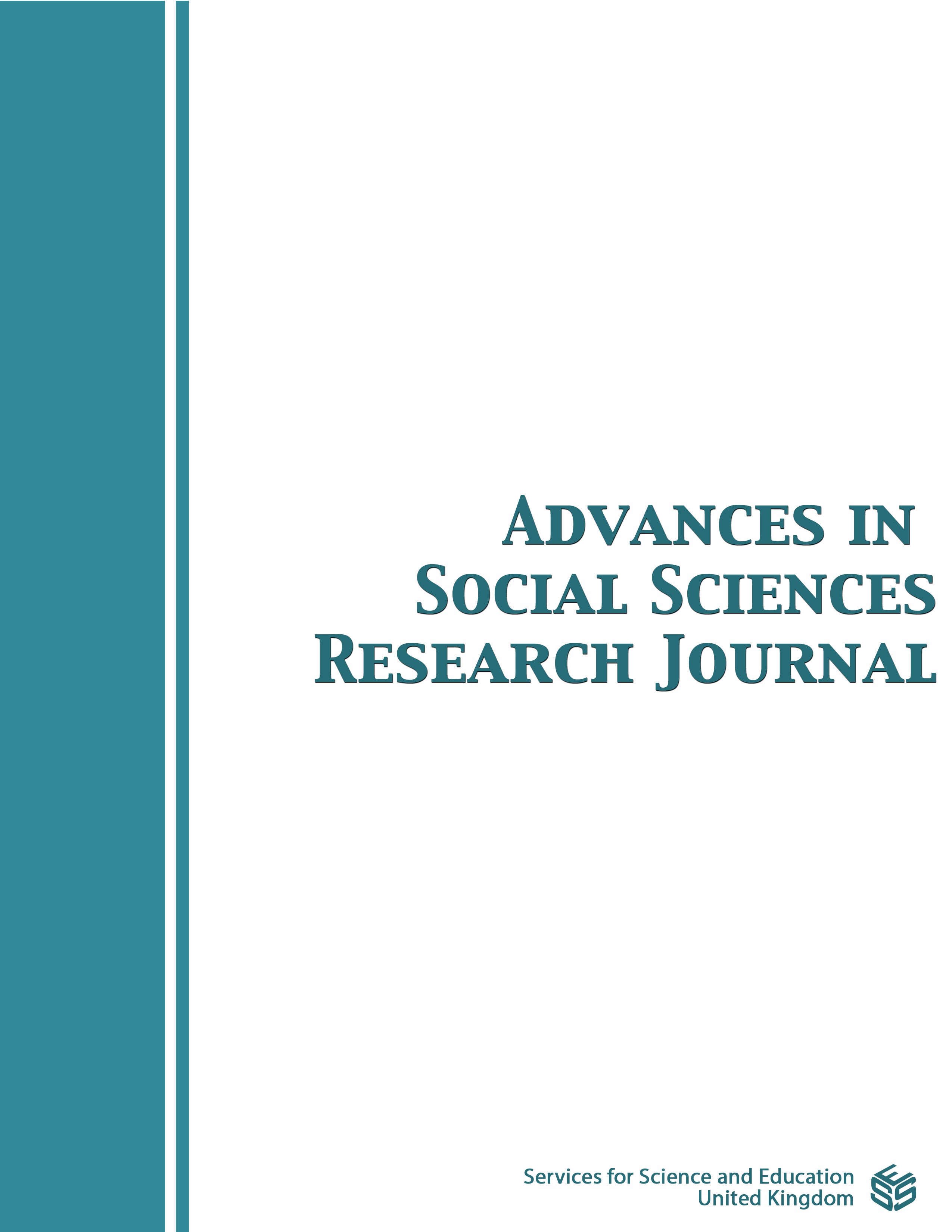Investigating Themes That Are Embedded in Dagaaba Proverbs
DOI:
https://doi.org/10.14738/assrj.108.14990Keywords:
language community, situational usage, traditional area, elders of the community, proverbs and themesAbstract
A plethora of literature exist about proverbs in general and Dagaaba proverbs in particular but, little is said about the themes that are embedded in them with particular reference to the central dialect of Dagaare. It is very important to note that, the central dialect or otherwise the standard dialect of Dagaare is used for academic and examination purposes. This paper therefore seeks to investigate the concept and functions of proverbs and critically examine the themes that are embedded in Dagaaba proverbs. The functions of proverbs are put into two; didactic and aesthetic. The themes have been clearly explained in the work. A purposive sampling technique was implemented and the design of the research was qualitative. The research framework was content analysis since the data analysis was mainly descriptive. The sample population for the study was focused on three (3) language communities in Ulkpong Traditional area of the Upper West Region of Ghana. The instruments used for data collection were unstructured interview and participatory observation. Eight themes were identified in the proverbs. The theme of patience and perseverance, appreciation, unity, laziness, indiscipline, ignorance, hard work and greed were chosen because of their importance to human and national development. Proverbs are general seen as a cultural heritage, which is held in high regard since it is generally believed that the philosophy, value system, wisdom and knowledge of the society are embedded in them. The findings confirmed that Dagaaba proverbs have various themes as far as their contextual usage is concerned.
Downloads
Published
How to Cite
Issue
Section
License
Copyright (c) 2023 Eugene Naah Kogri, Patrick Atanga Aduko

This work is licensed under a Creative Commons Attribution 4.0 International License.
Authors wishing to include figures, tables, or text passages that have already been published elsewhere are required to obtain permission from the copyright owner(s) for both the print and online format and to include evidence that such permission has been granted when submitting their papers. Any material received without such evidence will be assumed to originate from the authors.






